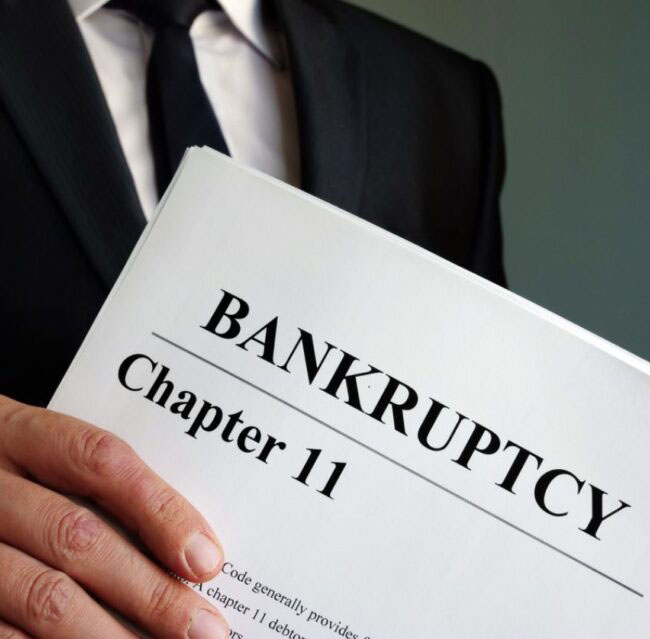
A Chapter 11 bankruptcy is typically used by corporations in debt restructuring or reorganize their debt. Chapter 11 is very flexible and can accommodate both small businesses and large business alike. A business that is facing unanticipated costs, decrease in revenue, or other cash flow problems may want to consider reorganizing under a Chapter 11 bankruptcy. The goal of a Chapter 11 bankruptcy is to restructure the company and its obligations so that it may continue operations and regain profitability instead of ceasing operations and liquidating. Corporations file bankruptcy all the time. Businesses can plan and plan, but the unexpected happens, and circumstances out of the company’s control cause the company to become unprofitable. Chapter 11 bankruptcy can help make the necessary tweaks to right the ship and be profitable again. Due to the economic downturn over the last several years, there have been many companies that have needed Chapter 11 bankruptcy to help them survive and restructure, such as General Motors, Station Casinos, and even the city of Detroit, Michigan. Chapter 11 is a valuable tool that may help save your business.
When a corporation files Chapter 11 bankruptcy, it has the option to assume or reject its executory contracts and unexpired leases. This can help cut costs and assist the company to return to profitability if the company is stuck into bad contracts or leases. In addition, the filing of the Chapter 11 petition will give the debtor company relief from creditors and impose an automatic stay. This prevents collection activity, judgments, repossession, and foreclosures from creditors and can give the debtor company some breathing room while it works through the Chapter 11 process to come to a viable reorganization and repayment plan to creditors.
Chapter 11 bankruptcy is not just available for corporations; individuals may also file Chapter 11 bankruptcy. Individuals may choose to file Chapter 11 bankruptcy as it has several advantages over the other chapter of bankruptcy for individuals, chapter 7 and chapter 13. Chapter 11 will allow you as an individual to keep your assets, and repay creditors over time, unlike Chapter 7 liquidation. Chapter 11 may also allow you to restructure your loans on rental properties, reducing the principal down to market value, lowering your monthly mortgage payments and allowing you to turn those rental properties into income-producing assets. In addition, Chapter 11 also does not have debt limits like Chapter 13 does. An individual who files under Chapter 13 cannot have more than approximately $1.1 million in secured debt and/or $360,000 in unsecured debt. Individuals who have several rental properties will easily be over this debt limit, and will be barred from filing Chapter 13. An individual may have many rental properties and restructure them all at the same time through a Chapter 11 filing.
When a company or an individual file Chapter 11 bankruptcy, they become the “debtor in possession.” This means that they as the debtor have a fiduciary duty to continue to run the business in an economically viable fashion, to file financial reports, to maintain proper accounting of income and expenses, to maintain assets, as well as other duties. In some cases, a trustee may be appointed to run the company, but in general, operation of the company remains under the control of the debtor in possession.
Half Price Lawyers
732 S. 6th Street Suite 100
Las Vegas, NV 89101